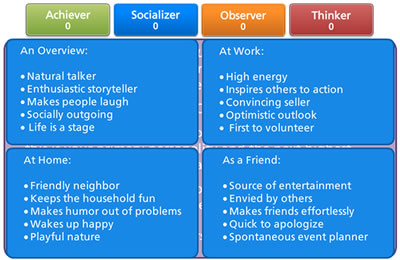|
|
772-284-4300
info@dct247.com
|
||||
|
|||||
|
|
|||||
| On-Site Training Programs | |||||
|
Our trainers have a minimum of twenty-five years real-world executive and management experience. This allows our training programs to be interactive and current, inviting participants to select their own organizational scenarios for application of the newly learned principles. We brand the actual course content to the mission, values and vision of any client, including the entire presentation and participant workbooks. |
|||||
 |
|||||
|
Essential Leadership and Management Skills The organization’s leaders and managers need to be the best role models and communicators to drive the productivity and performance of the personnel. |
|||||
|
|||||
|
|
|||||
|
Essential Workforce Development Skills Employees need the attributes of professionalism, combined with teamwork, time management and customer service. |
|||||
|
|||||
|
|
|||||
|
Emotional Intelligence & Conflict Management Knowing Emotional Intelligence gives everyone the skills for self-management, maintaining professional relationships and conflict resolution. |
|||||
|
|||||
|
|
|||||
|
The Teambuilding Experience Teamwork is a learned skill for effective collaboration, decision-making and problem solving with unity, otherwise you have a group of individuals. |
|||||
|
|||||
|
|
|||||
|
Sales and Negotiating Sales training produces the abilities to connect, educate and satisfy the individual needs of customers. |
|||||
|
|||||
|
|
|||||
| Catalog of Training Programs | |||||
| Choose Only What You Need | |||||
|
|
|||||
 |
Communication Tools for Effective Management There are techniques for being effective when speaking with your employees individually or as a group. The effective manager knows how to be professional and results-orients with employees. |
||||
|
The Ten Influencing Applications of Leadership While the role of management is defined by the allocation of budget, personnel and resources, leadership is defined by an individual’s ability to influence professional behavior and performance in the workplace. A leader has influential skills and traits which allow them to perform admirably with continuous application of these qualities. |
 |
||||
 |
Lead By Example There are four character traits managers project to model professionalism to employees and the keys to implementing an open door policy are also provided. |
||||
|
The Four Benchmarks of Empowering Leadership Leaders know how to transfer authority to employees to increase purpose, performance and productivity. |
 |
||||
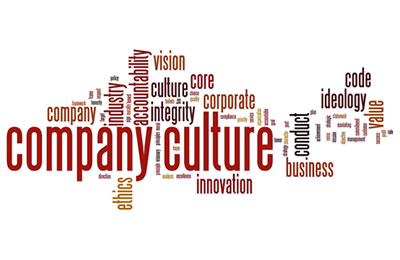 |
The Coaching Culture Managers will learn the four “attitudinal approaches” to coaching employees and naturally apply them to situational opportunities in the organization. |
||||
|
Mentoring New Hires Managers will use mentoring to build the professional reputations of entry level employees. |
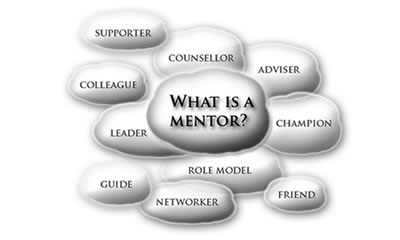 |
||||
 |
Running Productive Meetings A facilitator needs to know proven fundamentals for running productive meetings. |
||||
|
Professionalism - 12 Essential Soft Skills While the job description describes the duties and required skills, the personal attributes that are the foundation of the truly conscientious worker, comprise professionalism. |
 |
||||
 |
Remembering Names and Faces By the end of this course, you will be able to remember names and faces of people you are meeting for the first time. This is one of the most powerful skills you can do for your personal and professional life. |
||||
|
The Millennials: Tapping the Organization’s Next Champions The key to your organization's future success is understanding how the Millennials view the world and using that knowledge to self-motivate them. Learn how to meet them where they are and they will achieve your underlying goals; try to force them to fit your definitions and they will run for the door every time. |
 |
||||
 |
Understanding Your Emotional Intelligence (EI) Your Emotional Intelligence (referred to as EI or EQ) is the ability to be aware, understand and manage your emotions in personal and professional life. |
||||
|
Conflict Management for Personal and Professional Relationships Conflict management is your ability to positively move forward in your personal or professional life when disagreeing with another individual or a group. Five styles will be presented for levels of cooperative and assertive behaviors. |
 |
||||
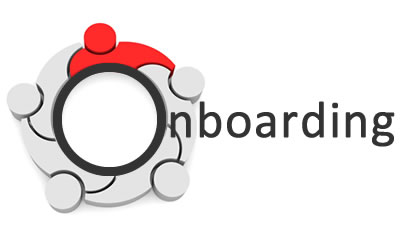 |
Onboarding - Creating the Valued Employee Onboarding is a critical part of a strategic talent management program. What’s needed is an onboarding solution that is easy, friendly, and personal to develop a productive and engaged member of your team. It requires a solution that incorporates the latest onboarding best practices, and emphasizes employee socialization. |
||||
|
The Five Principles of Succession Planning Succession Planning is a leadership continuity process. The purpose replaces key leaders through advanced preparation and strategy for the stability and future growth of the organization. |
 |
||||
 |
Working as a Cohesive Team for Effective Results Cohesive teams operate with a culture of connectivity and mutual trust through consensus building and technology. |
||||
|
The Three Keys to Trustworthiness The Three Keys to Trustworthiness are essential for teamwork and model the highest moral standards. |
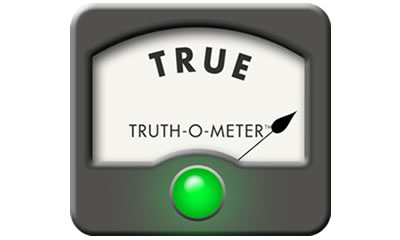 |
||||
 |
Incoming Call Etiquette Incoming Call Etiquette covers 10 key steps for professionally delivering this skill set every day on every call. |
||||
|
Handling an Angry, Rude or Abusive Caller This program gives step by step techniques for handling situations involving angry, rude or abusive callers. |
 |
||||
|
|
Understanding Your Personality Profile and Your Co-workers Everyone has their own personality made up of unique characteristic patterns of thinking, emotions and behaviors. Knowing our personality and the personalities of those around us, helps us understand who we are and appreciate others for their unique traits. |
||||
|
Increasing Performance, Productivity and Profits through Time Management The participants will be engaged in: The Track Meet featuring 3 powerful methods to approach every performance. And is the new international sensation for delivering time management to organizations. The impact will maximize the organization’s growth and prosperity. |
 |
||||
 |
Building a Sales Oriented Culture - Using the Ball Park This program is designed to produce and inspire a sales oriented culture within organizations. The sales environment becomes “The Ball Park” where the participants are up to bat. Sales becomes an experience for your clients. |
||||
|
Exceptional Customer Service - Using the Scoring Drive The Scoring Drive is a training camp for exceptional customer service that uses football as a backdrop. Participants learn the motto: “Customer service is a contact sport.” This produces customer loyalty through a service centered culture. All participants learn how to function as team players in the satisfaction of customer needs. |
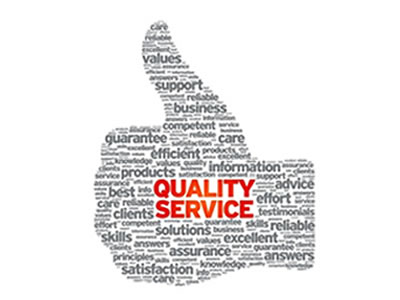 |
||||
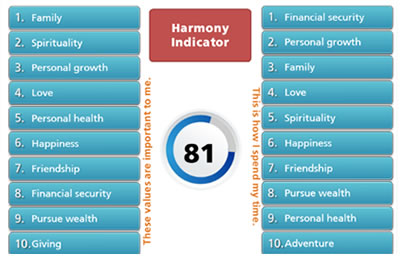 |
Determine Your Priorities Using a Values Inventory By doing a values inventory, you formulate professional and personal goals. These core values are the guiding principles that provide the foundation for organizing your individual priorities. |
||||
|
Negotiating This program focuses on five strategies for opening successful negotiations and how to accomplish each one of them. |
 |
||||
|
|
|||||
|
Digital Corporate Training Office: 601 Heritage Drive • Suite 400 • Jupiter, FL 33458 info@dct247.com • (954) 692-8220 Copyright 2017 Digital Corporate Training, Inc. |
|||||
